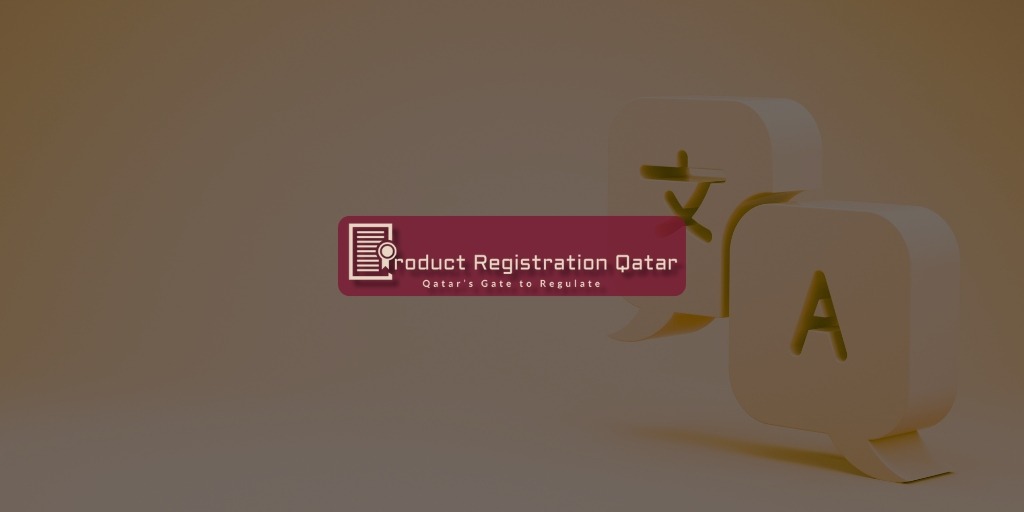Technical Translation for MoPH Registration | Qatar Guide
Learn why accurate Arabic translation is essential for MoPH product registration in Qatar. Avoid delays with certified, regulatory-compliant documents.
BLOGS
7/2/20252 min read


Why Is Technical Translation Essential for Product Registration in Qatar?
When it comes to product registration with the Ministry of Public Health (MoPH) in Qatar, translation is not just a formality—it’s a regulatory requirement.
So what exactly needs to be translated? Who should do it? And what happens if you get it wrong?
Below, we answer the most searched and critical questions businesses ask about technical translation during MoPH product registration.
What types of documents must be translated for MoPH approval in Qatar?
MoPH requires all product-related documents to be submitted in Arabic or as certified bilingual files. This includes:
Product labels and packaging information
Certificates of Free Sale and GMP
Ingredient lists and composition breakdowns
Test reports and lab analyses
Safety Data Sheets (SDS)
Instructions for use (IFU) and marketing leaflets
Failing to translate even one of these correctly can delay or cancel your approval.
Does MoPH accept any kind of Arabic translation?
No. MoPH only accepts:
Certified technical translations by licensed professionals
Accurate Arabic equivalents for scientific, regulatory, and health terms
Consistent language across all documents and product packaging
Automated tools like Google Translate or generic translators often result in errors that trigger rejections.
What are common translation mistakes that cause MoPH delays?
We frequently see:
Mistranslation of medical or scientific terms
Inconsistent ingredient names between label and dossier
Arabic label missing required fields (warnings, batch, usage)
Improperly translated certificates without legalization
Each mistake creates discrepancies, which MoPH sees as red flags.
Can I translate the documents in-house or must I use a certified translator?
MoPH strongly prefers translations done by:
MoPH-approved or Qatar-licensed translation services
Agencies familiar with regulatory and technical language
Experts who can handle legalization and formatting
While in-house teams can assist, professional translation ensures full compliance and quicker acceptance.
How does Product Registration Qatar help with technical translation?
Our service includes:
Translating all regulatory documents into MoPH-approved Arabic
Ensuring scientific accuracy and terminology alignment
Providing certified, stamped translations accepted by MoPH
Managing the legalization and notarization process if required
We don’t just translate—we align your submission with Qatar’s regulatory expectations.
Final Takeaway
Translation mistakes are one of the top hidden reasons for MoPH registration delays in Qatar.
Whether it’s a mislabeled ingredient or an untranslated test report, the cost of getting it wrong is high.
Trust professionals who understand both the language and the law.
Continue reading:
Discover how we handle formula validation and documentation in Product Compliance Services.
Learn how early planning and documentation helps with Regulatory Intelligence & Market Entry in Qatar.
Avoid costly mistakes with our breakdown: How to Prepare Documents for MoPH Product Registration in Qatar (2025).
Discover how functional foods differ from standard supplements and what the MoPH requires in our new 2025 guide on Functional Food Registration in Qatar.
Learn how shelf life and expiry dates affect MoPH registration in Qatar.
For support with translations or document preparation, contact our team or use the chatbot in the bottom-right corner.
Ready to Ensure Your Product is Fully Compliant?
Fill out the form below and let our experts guide you through label checks, formula validation, and registration—step by step.


